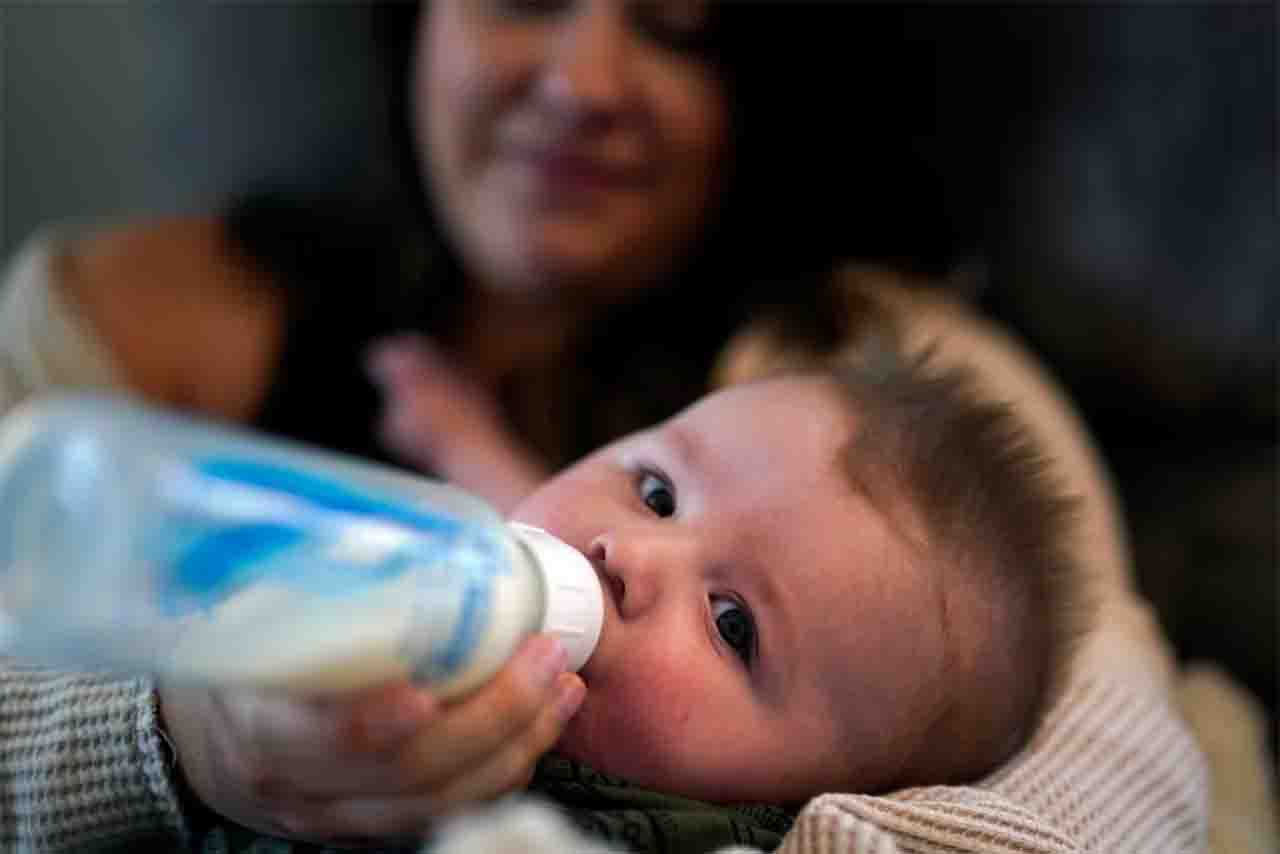Canada_ (Commonwealth) _ According to authorities from Health Canada, physicians, and industry representatives, Canada’s infant formula shortfall has stabilized and is improving. Nonetheless, supply issues persist, leaving many parents and caregivers with questions, including what they should do.
More than a year has passed since a product recall caused Abbott Nutrition to close its Michigan facility in February 2022. Although reopening in July 2022, the factory “has not yet restored to its normal production capacity,” according to Health Canada’s website, which adds notes the plant made many items “that accounted for a major share” of the Canadian market.
“This has raised demand for baby formulae produced by other producers,” according to Health Canada. “We are still witnessing supply chain challenges with infant formula,” said Michelle Wasylyshen, a spokesman for the Retail Council of Canada, via email. She stated that liquid, ready-to-feed formula is the most frequently accessible, but powdered formula is still scarce.
Because that powdered formula is frequently less costly, Health Canada reports that more of it is being imported and distributed to retailers across the nation.
“This can give more alternatives and may help reduce some of the strains faced by Canadian families,” stated Health Canada.
Because Canada lacks indigenous baby formula makers, it must rely entirely on imports, the majority of which come from the United States. Last year’s shortfall was especially alarming for specialty formulae, according to Dr. Janice Heard, a Calgary pediatrician and member of the Canadian Paediatric Society’s public education advisory committee.
Cow’s milk proteins are hydrolyzed, or broken down, in the particular formulae. They are required by newborns who are allergic to cow’s milk proteins and preterm babies who lack all of the enzymes required to digest them. Because there are few alternatives for specialist formulas, the scarcity has been “extremely stressful for parents who are already coping with medically fragile children,” according to Heard.








